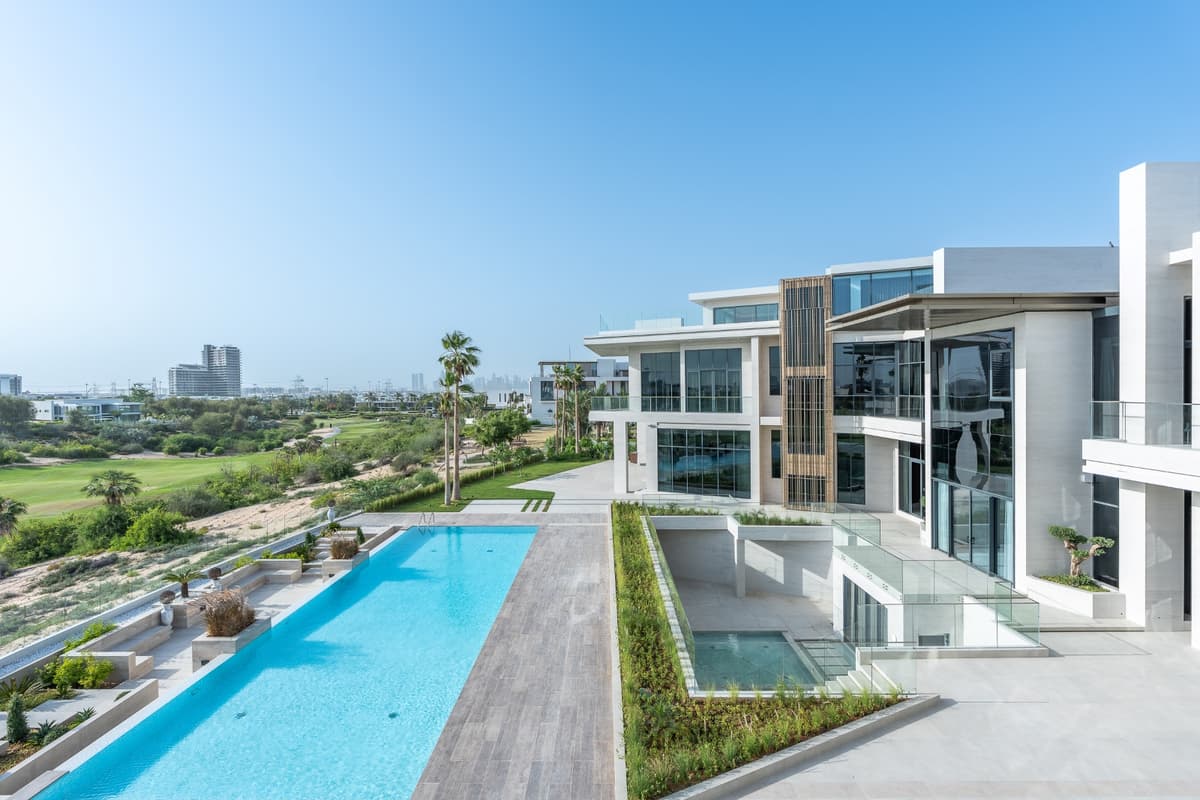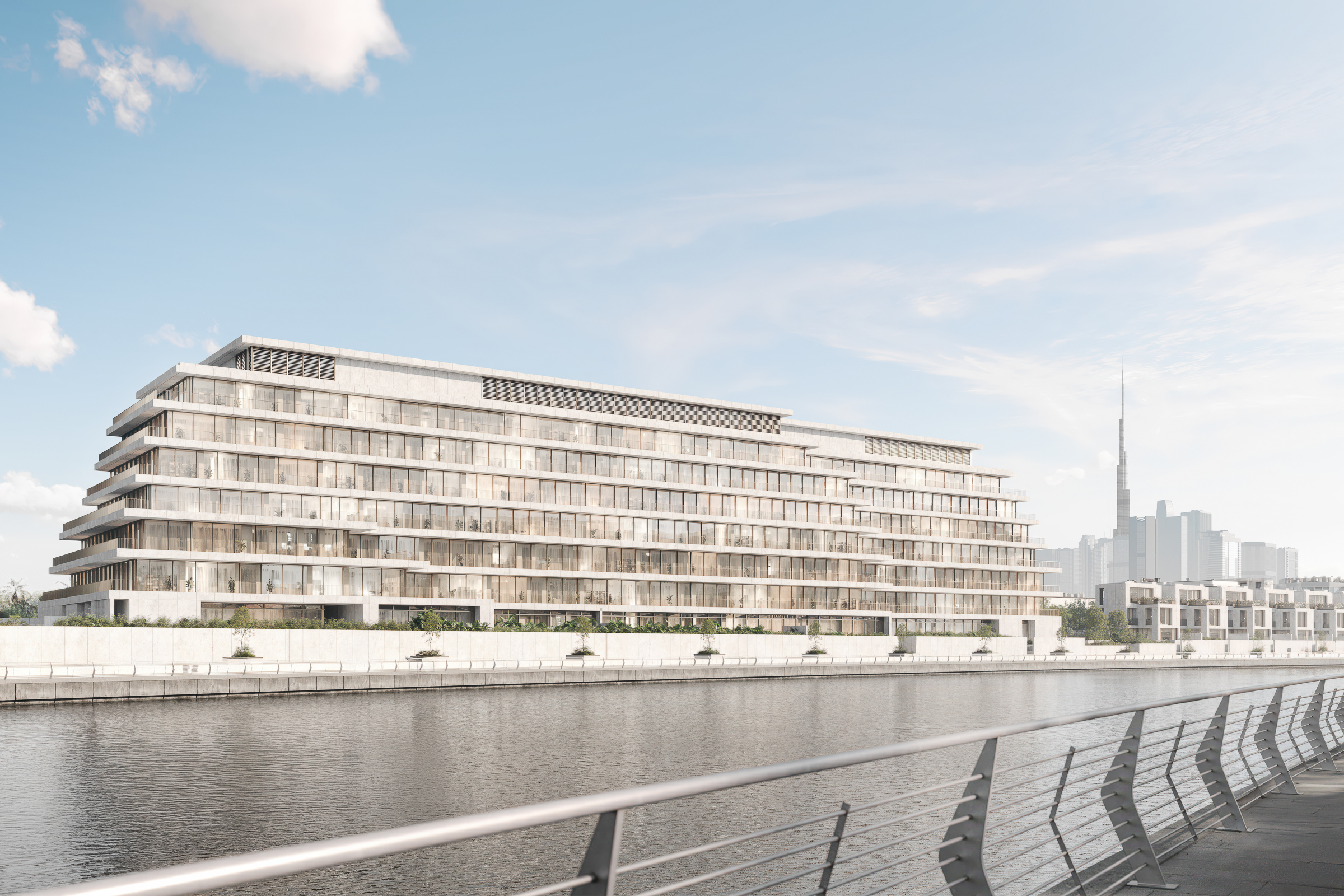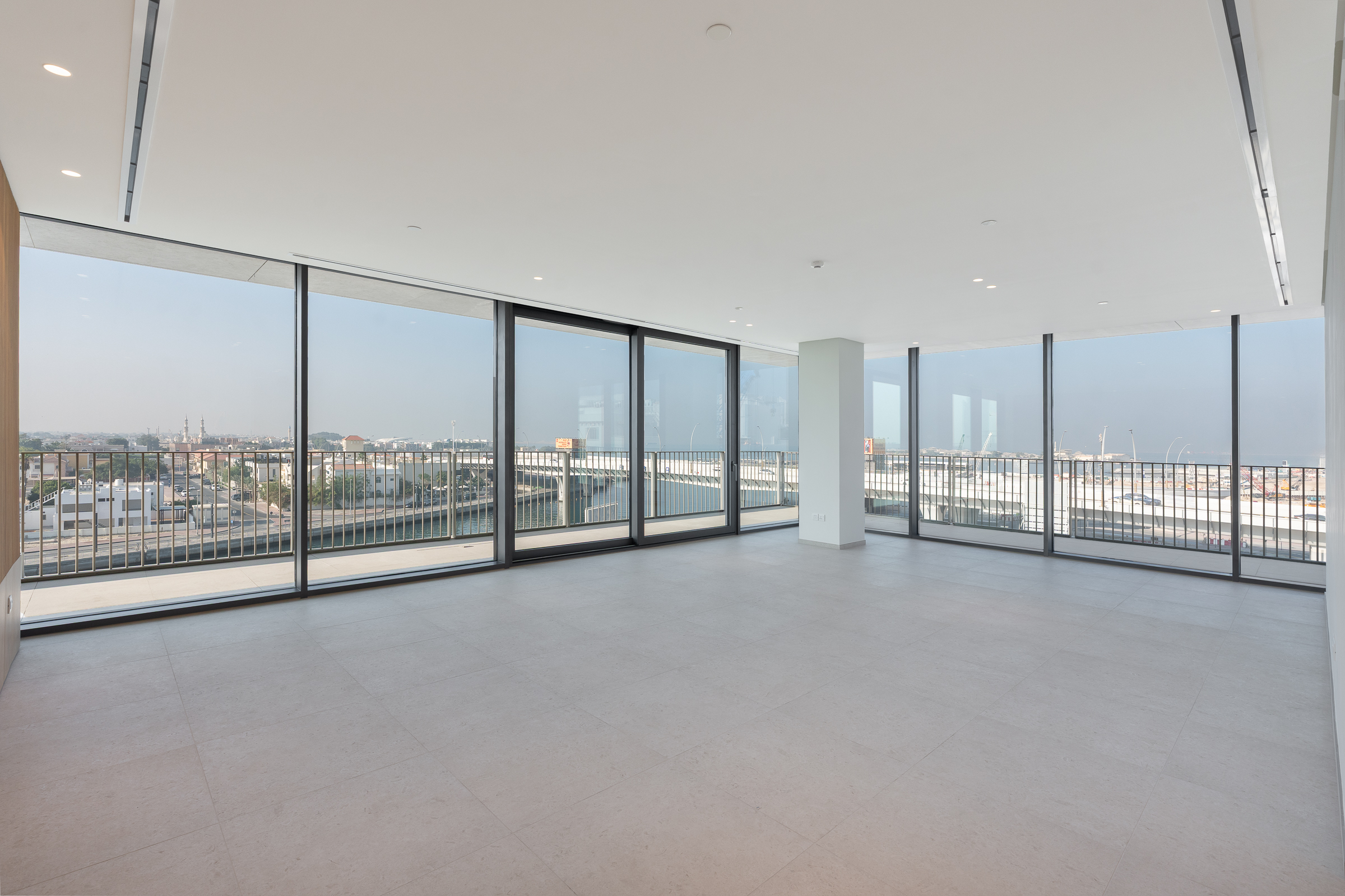With sky-soaring towers, man-made islands, and unapologetic luxury, Dubai’s real estate market attracts savvy property investors from around the globe. The city's rapidly growing population, booming tourism, strategic location, and world-class infrastructure paired with strong rental yields and zero personal gains tax have driven sustained demand. Factors such as lifestyle, year-round sunshine, safety, and social diversity make Dubai an attractive investment destination.
Things to Consider Before Investing in Properties in Dubai
To capitalise on these opportunities, we have curated the ultimate guide on how to invest in Dubai’s real estate market.
2. Understand the Dubai Property Market
Familiarise yourself with Dubai's diverse real estate market, which caters to residential, commercial, retail, and hospitality segments. Stay updated with market reports, research local regulations, and analyse market trends to make informed investment decisions. Understanding the market's dynamics will help you identify the right opportunities and avoid potential pitfalls.
3. Choose the Right Location
4. Choose Reliable Real Estate Agents
Navigating Dubai's property market can be complex, especially for newcomers. Partnering with a seasoned real estate broker with in-depth local market knowledge is essential. Ensure the agent is licensed by the Real Estate Regulatory Agency (RERA) and conducts business ethically. Clear communication regarding your investment goals and preferences will help them find suitable properties for you. Well-regarded real estate agencies, such as Dubai Sotheby's International Realty, can guide you through the entire process, provide valuable insights, and help you identify the best properties.
6. Stay Informed About the Latest Regulations
Investing in Dubai's real estate market requires specific legal procedures. The Dubai Land Department governs the real estate sector, ensuring transparency and investor protection. Understand the legal framework, property registration process, and associated costs to ensure a smooth investment journey. Familiarise yourself with any restrictions or requirements for foreign investors to avoid complications.
7. Growing Trends Awareness
Stay up to date with the latest trends in Dubai's property market to make informed investment choices. There is a growing demand for affordable housing options, particularly among the expatriate population, presenting opportunities for investors targeting mid-range properties. Additionally, Dubai is focusing on sustainable and eco-friendly developments, promoting energy efficiency and green practices. Such projects have the potential to yield long-term returns and attract environmentally conscious tenants.
8. Diversify Your Portfolio
To minimise risks, diversify your investments. Avoid putting all your money into a single real estate investment. Spread your investment across different property types and locations. Consider a mix of residential and commercial properties, ready-to-move and off-plan projects to balance your portfolio's risk and return. Diversification can help you mitigate potential losses and ensure a more stable income stream.
Once you’re clear on your investment objectives and have decided to start your real estate investment journey in Dubai, go through the types of properties and proven strategies investors use to maximise profits.
Off-Plan v/s Ready Properties
When investing in Dubai’s real estate market, you can choose between two main types of properties: off-plan and ready-to-move (secondary) properties. Each has unique advantages and drawbacks, making them suitable for different investment strategies and goals. Here’s an in-depth look at what these types of properties entail and their respective pros and cons.
Investment Strategies with Off-plan Properties
Ready-to-Move (Secondary) Properties
Ready-to-move or secondary properties are fully constructed and immediately available. These properties are often purchased from existing owners rather than directly from the developer. These properties are highly appealing for many reasons:
Investment Strategies for Ready Properties
Final Take
Investing in Dubai's property market can be highly rewarding if approached strategically. By understanding the market, choosing the right location, working with reliable agents, and staying informed about legalities and trends, you can make informed decisions that align with your investment goals. Diversifying your portfolio also enhances your chances of achieving sustained financial gains in Dubai’s lucrative property market.















